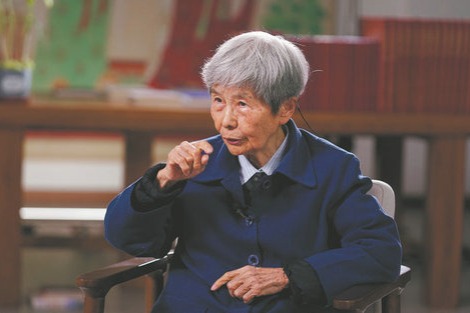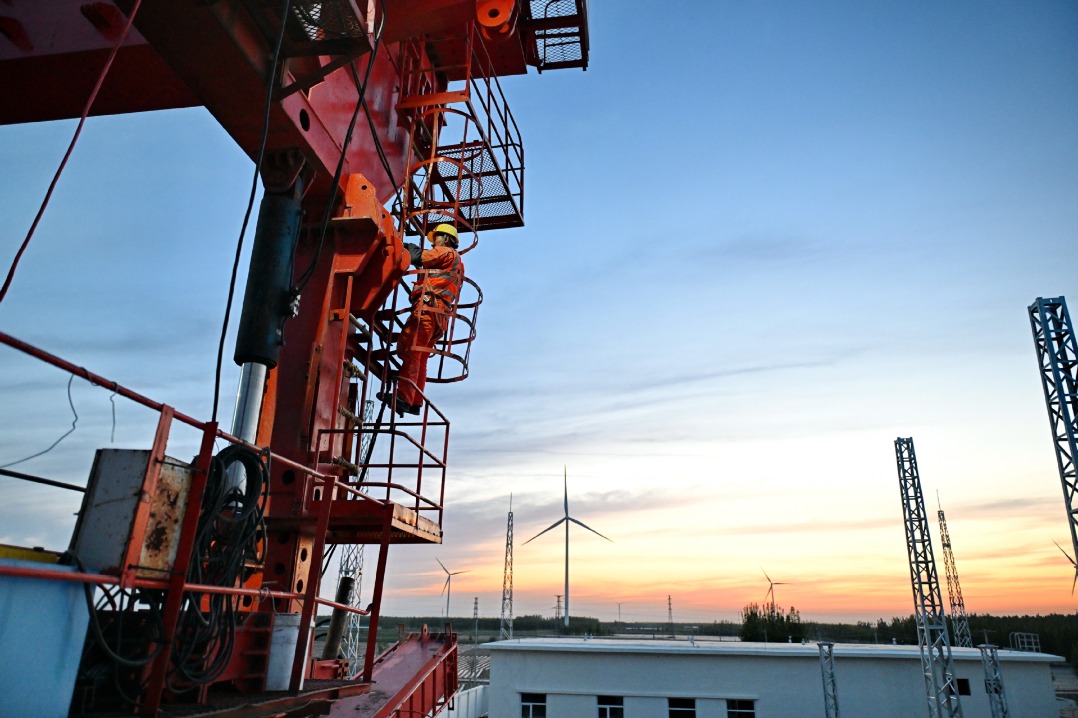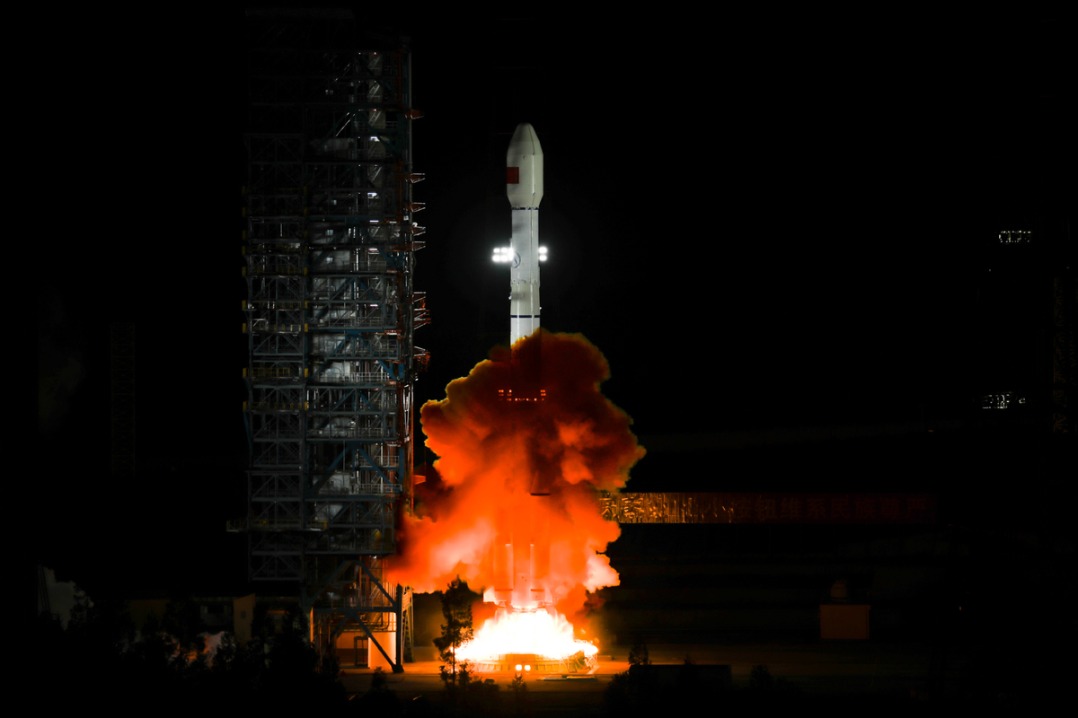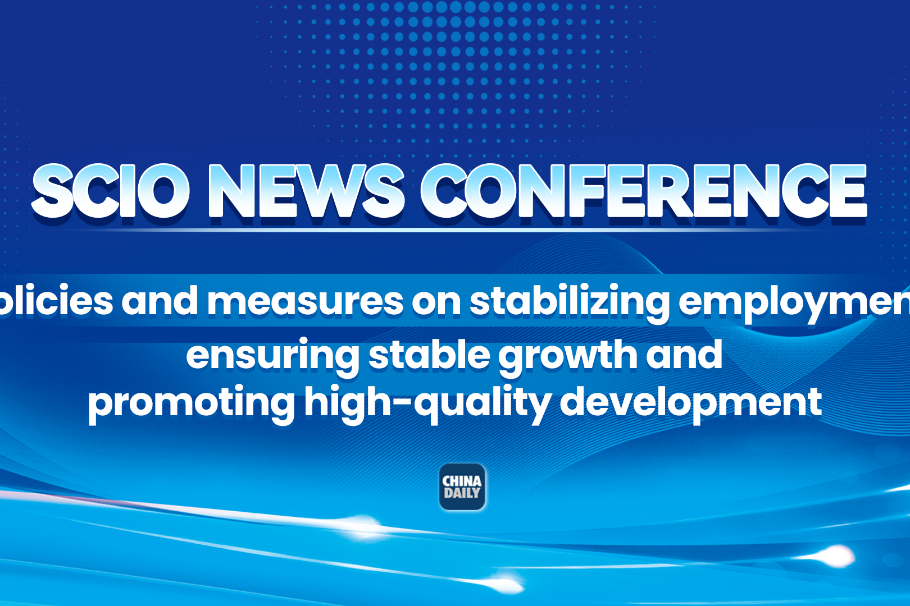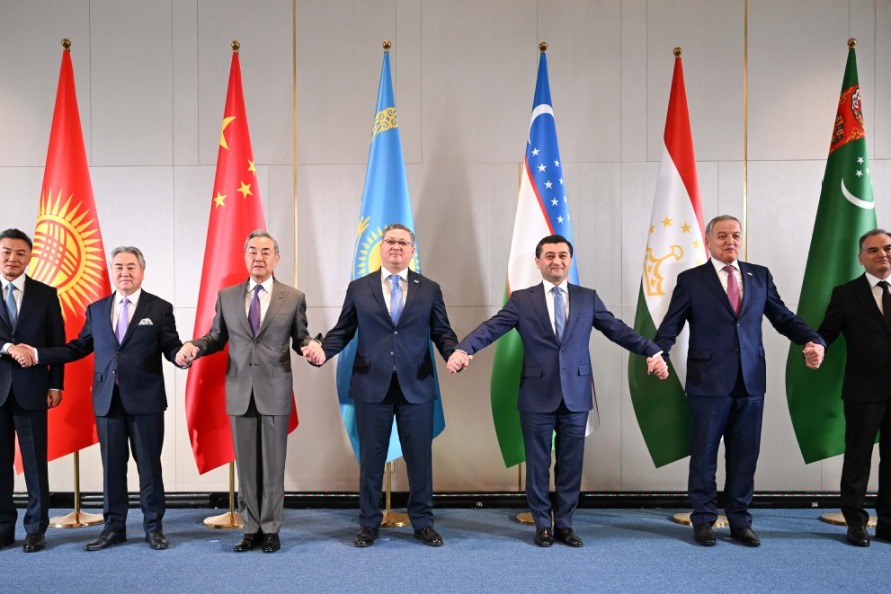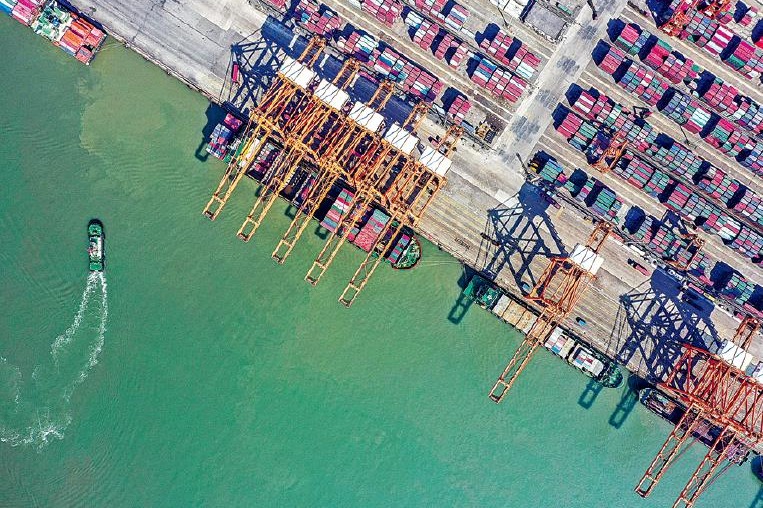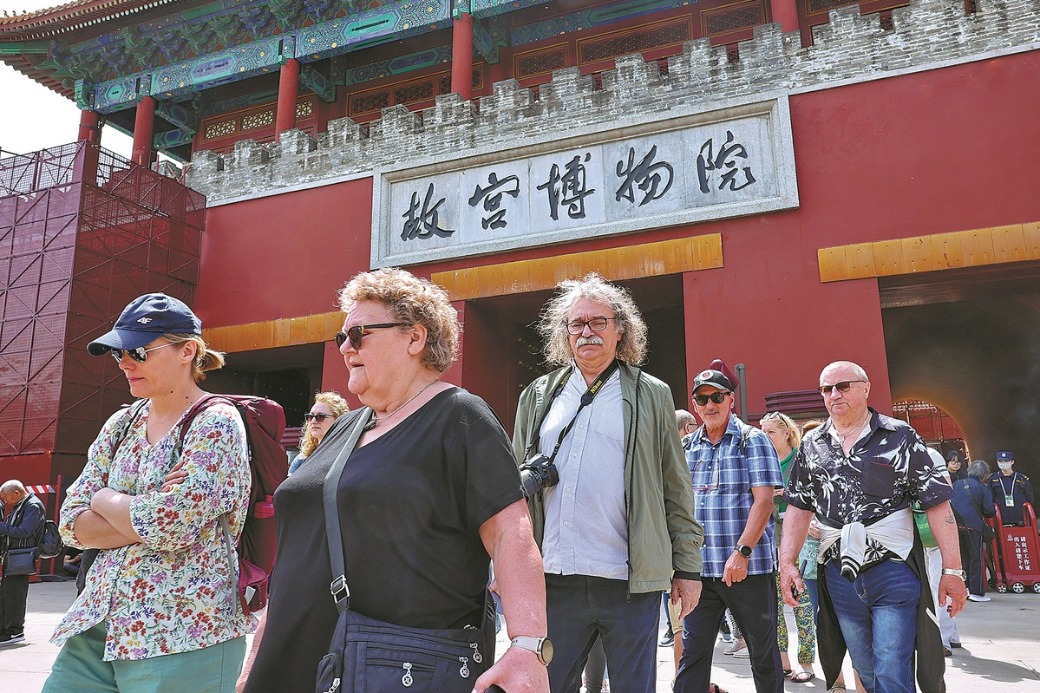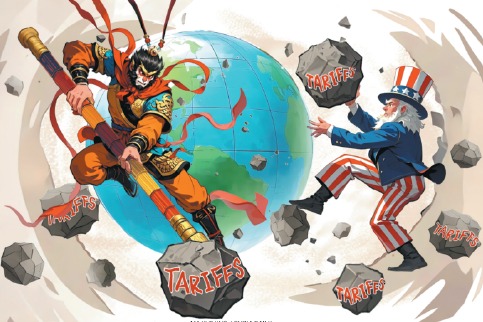Orderly evolution
Asian and African countries are becoming principal forces in reshaping the global governance architecture


The year 2025 marks the 70th anniversary of the Bandung Conference. In 1955, 29 Asian and African countries and regions gathered in Bandung, Indonesia, to collectively enunciate a strong anti-colonial and anti-imperialist stance, thereby bringing the "Third World" onto the international political stage for the first time. This historic political consensus signaled the beginning of a new era in which postcolonial Asian and African nations actively participated in international affairs and the development aspirations of the non-Western world were integrated into the global governance agenda. The spirit of "solidarity, friendship and cooperation", and the Five Principles of Peaceful Coexistence, as advocated by the Bandung Conference lent a theoretical foundation to the independent diplomatic policies of Asian and African countries and a powerful Southern voice in a world recovering from the devastation of war and colonialism.
Since the Bandung Conference, international relations have undergone profound changes. The world is now experiencing acute peace, development, security and governance deficits. These have allowed multidimensional global crises to arise that disproportionately impact countries of the Global South, especially those in Asia and Africa. On the one hand, escalating geopolitical rivalries and emergent conflicts are unfolding against a backdrop of simultaneous multipolarization and regional bloc formation, narrowing the strategic space for the peaceful development of Africa and Asia. On the other hand, many Western powers continue to strengthen technological barriers, impose trade restrictions, and, through their domination of the financial governance mechanisms, perpetuate structural inequalities within the international system and widen the global North-South divide. Additionally, transnational challenges such as climate change, food security and energy transitions are increasingly global in nature, yet the Global South remains underrepresented in shaping the governance frameworks in these areas. These challenges not only test the resilience and development capacity of the Global South but also underscore the enduring relevance of the Bandung Spirit in mobilizing collective responses and driving reform in global governance.
Against this backdrop, Asian and African countries are transforming from mere peripheral recipients of the international order to co-builders and leading actors in global governance. Especially in recent years, under the impetus of initiatives such as the Belt and Road Initiative, the BRICS cooperation mechanism, and the Forum on China-Africa Cooperation, exchanges between Asia and Africa have grown more frequent and the cooperative ties between them more robust. This has facilitated a shift in their cooperation from conceptualized political unity to institutionalized practical collaboration. Such a transformation reflects a strategic leap in the relations between Asia and Africa from political trust to development synergy. In the face of profound changes in the international order and the resurgence of hegemonism and unilateralism, African and Asian countries are accelerating their efforts to transcend the limitations of Western-centrism and are becoming principal forces in reshaping the global governance architecture.
In terms of tangible outcomes, the 70 years since the Bandung Conference have witnessed African and Asian countries playing an increasingly vital role in international affairs. Economically, they have achieved remarkable growth. According to World Bank data, as of 2024, the combined economies of Asian and African countries accounted for over 61.2 percent of global GDP and contributed 76.5 percent of global economic growth over the past decade. Cooperation mechanisms have also matured, with platforms such as the FOCAC, the China-Association of Southeast Asian Nations (10+1) mechanism, and the Asian Infrastructure Investment Bank providing robust institutional support for long-term partnerships. In terms of development philosophy, initiatives such as a community with a shared future for mankind and the three global initiatives (the Global Development, Global Security and Global Civilization initiatives), extensive consultation, joint contribution and shared benefits, and the principles of sincerity, real results, amity and good faith approach have offered new frameworks for institutional design and discursive expression in the Global South's engagement with global development.
Among these, China-Africa cooperation stands out as a contemporary manifestation of South-South solidarity and a living embodiment of the Bandung Spirit. From jointly opposing imperialism and colonialism to voicing independent aspirations at the Bandung Conference, and now advancing multifaceted cooperation through the FOCAC, China and African countries have cultivated a multilayered partnership. Noteworthy examples include the Mombasa-Nairobi Standard Gauge Railway in Kenya, which has significantly improved local infrastructure and created over 46,000 jobs; the Silk Road e-commerce initiative, which has empowered small and medium-sized enterprises in African countries such as South Africa, Nigeria and Rwanda to expand into international markets; and the China-aided Africa Centers for Disease Control and Prevention headquarters project, which has bolstered the continent's public health capacity in response to pandemics.
These forms of cooperation not only respond to the pressing needs of African countries, but also embody the principles of "sincerity, real results, amity and good faith "that underpin China-Africa relations, as well as the Bandung Spirit, thereby advancing the China-Africa community with a shared future to a deeper and more substantive level. Of particular significance is the Africa-China Dar es Salaam Consensus, released in March 2024 during the 13th Meeting of the China-Africa Think Tanks Forum, which stands as the first internationally recognized consensus independently initiated by Global South countries. This milestone breaks from traditional, North-dominated development models and reflects a growing consciousness among Southern nations regarding their development autonomy.
These achievements collectively demonstrate that the Bandung Spirit still remains a vibrant and relevant force in renewing and invigorating the contemporary Afro-Asian relations, which, in their evolving institutional forms, cooperation models and intellectual foundations, are redefining the role and significance of the Global South in the global governance order. Looking ahead, Asian and African countries are poised to further embody the Bandung Spirit by promoting win-win cooperation, strengthening institutional frameworks and building consensus around inclusive development. In doing so, they will continue to serve as critical drivers of the global order transformation, working together to steer global governance toward a more just, inclusive and sustainable future.


Wang Heng is chair of the Institute Affairs Committee and vice-president of the Institute of African Studies at Zhejiang Normal University. Yu Guizhang is a research assistant of the Institute of African Studies at Zhejiang Normal University. The authors contributed this article to China Watch, a think tank powered by China Daily.
Contact the editor at [email protected].
















